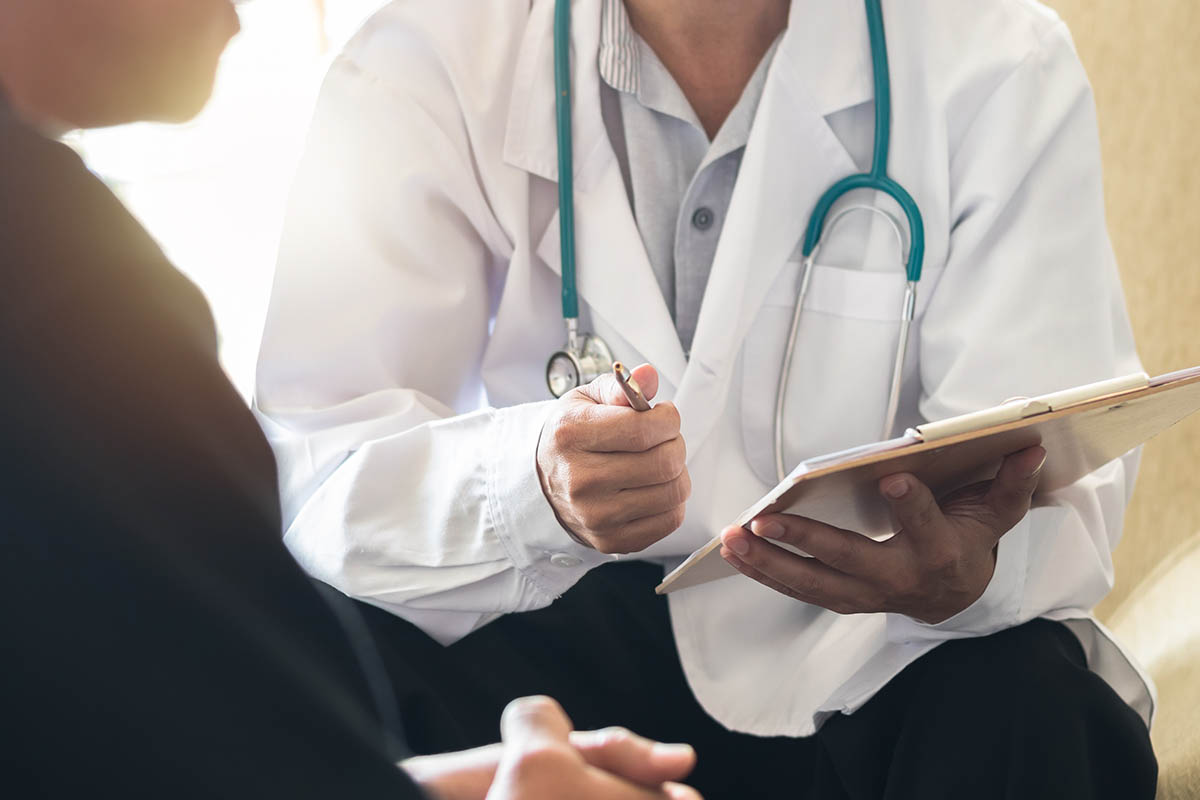A common drug withdrawal definition is the process your body undergoes when you stop using a drug. Drug withdrawal symptoms vary based on the drug used and how long the use lasted. It is possible to stop using drugs on your own without seeking medical support. However, because some drug withdrawal periods involve severe symptoms, people typically undergo detox while under medical care. Drug withdrawal occurs because the body has developed physical dependence. It struggles to function normally when it is starved of the drug it has become accustomed to.
Reach out to Midwest Detox Center at 833.647.0392 to learn more about our drug detox center and how it can help pave a path to recovery for you or a loved one.
Typical Drug Withdrawal Symptoms
Most of the time, drug withdrawal symptoms are unpleasant and can cause changes to physical, mental, and emotional wellbeing. For example, opioids often create a feeling of relaxed euphoria. When someone stops using, they often experience mood swings, fatigue, and muscle aches.
As noted earlier, exact withdrawal symptoms depend on the drug being used. Still, drug withdrawal comes with a set of typical drug withdrawal symptoms. These include:
- Vomiting
- Cramps and aches
- Insomnia
- Mood swings
- Tremors
In some serious cases, symptoms like hallucinations and seizures are possible. Those are more generic drug withdrawal symptoms that can apply to any withdrawal. Four of the most common addictions are related to heroin, alcohol, cocaine, and marijuana. Symptoms specific to each drug’s withdrawal process are explored below.
- Heroin withdrawal involves restlessness, muscle and bone pain, nausea, and diarrhea.
- Alcohol withdrawal includes anxiety, depression, tremors, loss of appetite, nausea, agitation, confusion, hallucinations, and seizures.
- Cocaine withdrawal symptoms can manifest in depression, fatigue, restlessness, and increased appetite.
- Marijuana withdrawal usually causes irritability, insomnia, and anxiety.
Drug Withdrawal Medications Used During Detox
Drug withdrawal treatment is often bolstered by the usage of drug withdrawal medications. This is particularly true in cases of alcohol abuse and opioid addiction. Alcohol withdrawal symptoms are often alleviated using medications like acamprosate, disulfiram, and naltrexone. These medications work to reduce cravings. In some cases, they also cause uncomfortable side effects when a person tries to drink again. This helps people associate drinking with negative side effects. This can deter future drinking.
Multiple drug withdrawal medications exist in the case of opioid detox as well. Three of the most common are methadone and buprenorphine. Buprenorphine is a partial opioid agonist. That means it triggers the same brain regions but without producing the same high as an opioid like heroin. This helps the body adjust to functioning without heroin during withdrawal and tamps down on cravings.
Drug Withdrawal Treatment Options at Midwest Detox Center
Undergoing drug withdrawal treatment is best accomplished under medical supervision. Getting the detox process correct is critical since it forms the foundation for the rest of the treatment. Failed detox may serve to solidify someone’s addiction and drive them back into using a drug regularly.
Medication-assisted treatment regimens for alcohol and opioid addictions are common among addiction treatment providers. Another option to detox safely and effectively is called tapering. This is when someone is guided by taking less of a drug to allow their body to adjust slowly. Using tapering, they relearn how to live without the drug over time.
Many people imagine the only way to detox is to quit all at once. Why would anyone continue using a damaging drug once they’ve realized they need treatment? But the truth is that quitting cold turkey can be dangerous and make withdrawal and detox much more challenging. Detox providers like Midwest Detox Center customize care to every individual to ensure safety, health, and stability.
Find out what sets Midwest Detox Center apart in the addiction treatment space by calling 833.647.0392.







